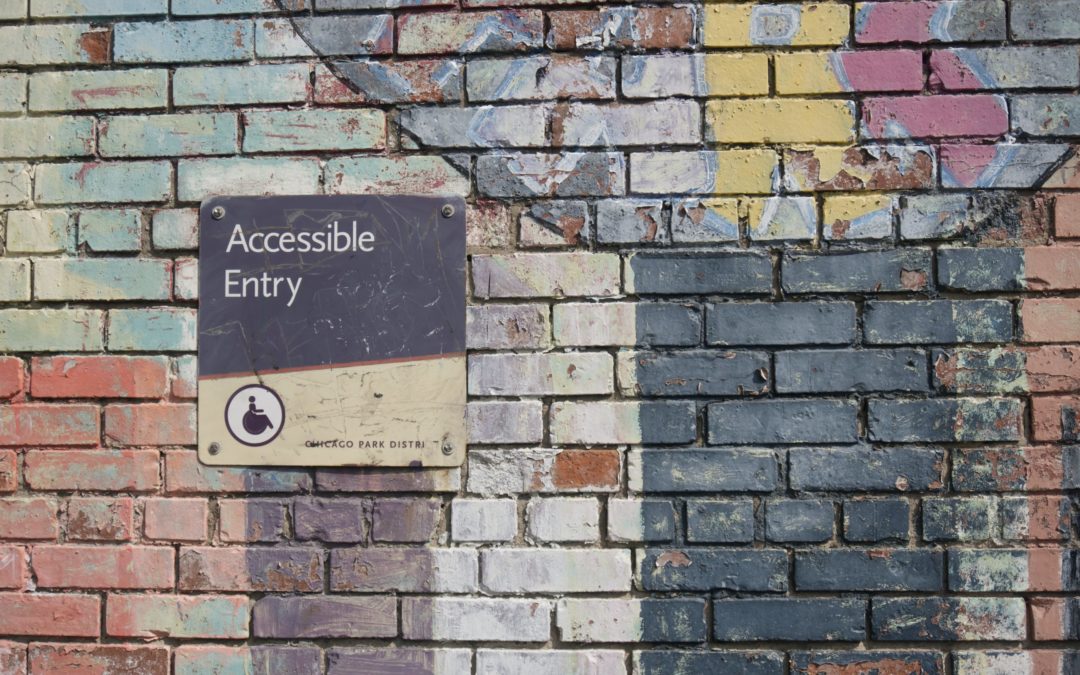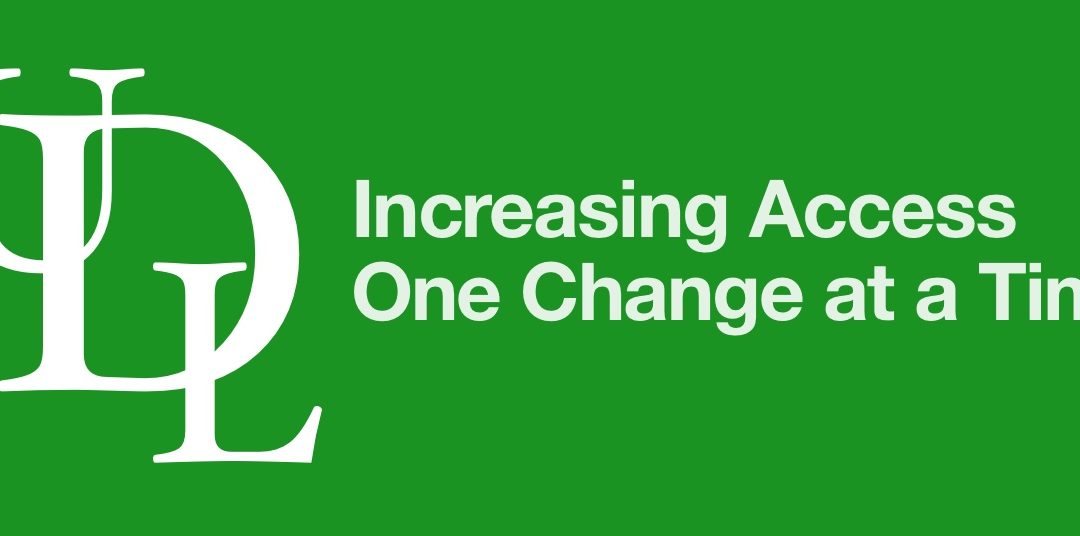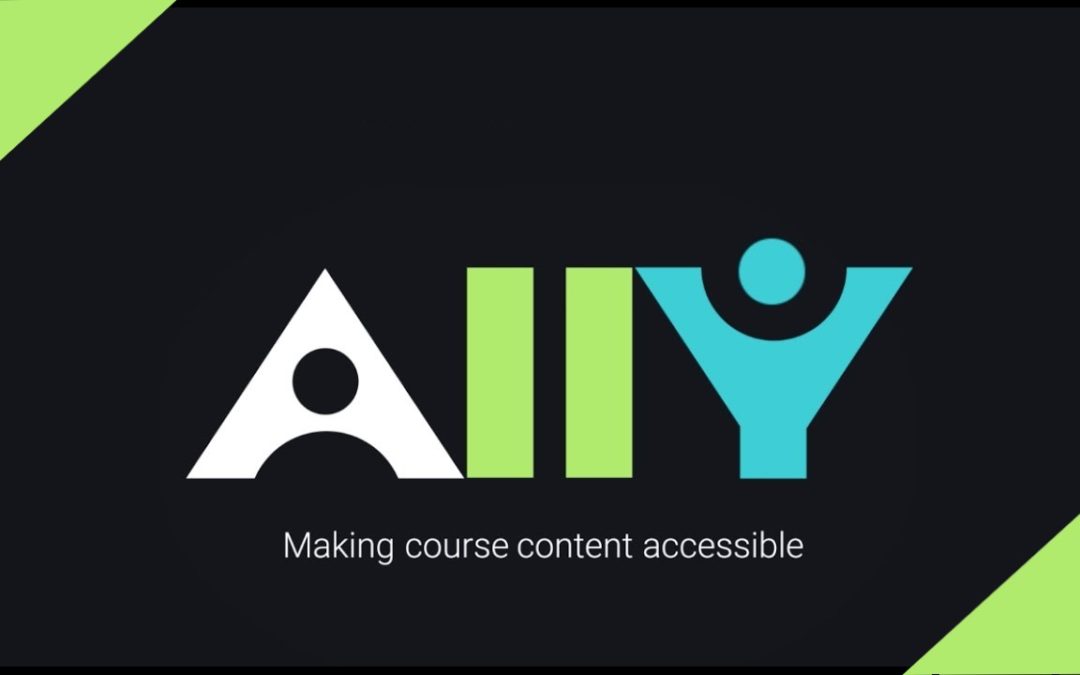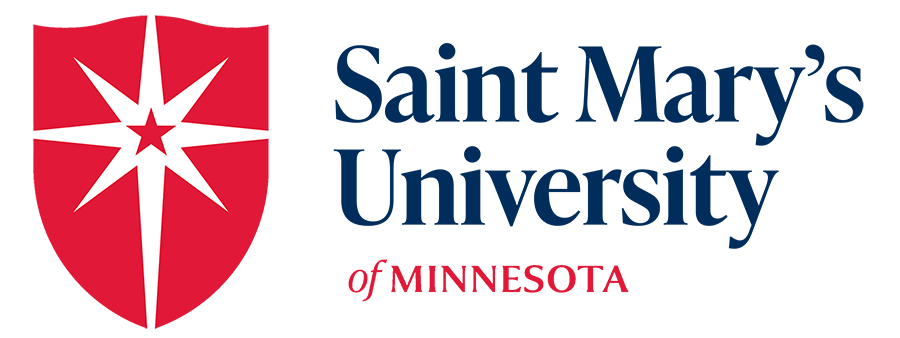Universal Design for Learning at Saint Mary’s
What is Universal Design for Learning?
Universal Design for Learning (UDL) is a set of principles for curriculum development that give all individuals equal opportunities to learn. UDL provides a blueprint for creating instructional goals, methods, materials, and assessments that work for everyone–not a single, one-size-fits-all solution but rather flexible approaches that can be customized and adjusted for individual needs. – National Center on Universal Design for Learning.
The easiest way to incorporate UDL into your course is to use “Plus One” thinking. See the toggle below!
One of the foundational elements of UDL is providing for a diversity in a wide range of ways. UDL builds an explicit attention to Other by starting with the premise of acknowledging and respecting diversity in the human condition. While we are conditioned to think of diversity in terms of inequalities and binary distinctions, UDL approaches content, expression, and assessment via the idea of “multiples”:
- Multiple Means of Representation: what are other ways you can present information and concepts in your course?
- Multiple Means of Expression: what are other ways you can ask students to demonstrate what they have learned?
- Multiple Means of Engagement: what are other ways you can build student interest and persistence?
What we love about UDL
UDL gives us the opportunity to:
- Increase student success
- Bring people together
- Build bridges
- Pay explicit attention to a variety of needs
- Shape and assume respect
What is Plus One Thinking?
“Plus One” thinking is the easiest way to start doing universal design for learning in your courses. No course can be universally designed at once. It’s too much work, and we are always learning about new needs and new ways to expand access.
Plus One thinking, according to Thomas Tobin, is to think, each time you teach a course, “What is one extra way that I could represent a concept / engage my students / allow students to express their learning this term?” Then incorporate that as an additional resource. As you teach the course again and again, eventually you will have a wide repertoire of ways for students to encounter your course!
For some ideas, look at this handy, color-coded table.
Syllabus Statement
Saint Mary’s University is committed to assuring that students with documented disabilities have access to equal educational programs and activities at the university. If you believe that you have a disability that may interfere with your ability to participate in the activities, coursework, or assessments of this course, you may be entitled to accommodation. Please contact Karen Hemker, Access Services within the Student Success Center, as early in the semester as possible to arrange a confidential discussion about your need for accommodation. Please schedule an appointment or email khemker@smumn.edu.
What is Saint Mary's doing?
Saint Mary’s University, Winona Faculty Universal Design Survey Results (Google Slides)
An Introduction to Universal Design at Saint Mary’s – (Google Slides)
Creating a Universally Designed Syllabus (Tegrity Recording)
News and Updates on UDL

SGPP Spring Term 1 COVID-19 Semester Updates
Data is indicating that we will see a surge in COVID-19 cases in January 2022. Because of this projection coinciding with the start of the next SGPP term on January 3, 2022, the first four weeks of that term will be held online. This is also defined as “Emergency...

Course Processes in Canvas
In the move to Canvas, Saint Mary’s now has the ability to automate certain features that did not exist in other systems. One of these features is how courses are created and how content can be added to courses. In this process, we are able to automatically create...

Canvas Minimum Usage
The Canvas Minimum Usage Transition document outlines the preparations faculty should complete for their Canvas courses prior to each term. The intention of these preparation lists is to provide a minimum level of consistency across course information on the Canvas...

Dr. Annika Konrad’s Talk and Workshop recordings available
We were ecstatic to have Dr. Annika Konrad come to Saint Mary’s to talk to faculty and staff about access, pedagogy, and interdependence. There was great discussion and many takeaways from the talk and workshop. But if you missed them, you can now see the recordings on our recordings page, or click “read more” to see them here! You do have to be logged in to your smumn.edu Canvas account to access the recordings.

Come hear Dr. Annika Konrad speak on a Pedagogy of Interdependence
Access Services, Integratus, and the Center for Excellence in Learning and Teaching will be welcoming Dr. Annika Konrad of Dartmouth College for a virtual talk on March 24 at 12:15pm and a virtual workshop for faculty on March 25 at 2pm. Both events will be on Zoom. The title of her talk will be, “Learning from Stories of Access Fatigue: Building Interdependence into Pedagogical Design”.

Ally Walkthrough
Welcome to Ally! Learn about the new accessibility tool that has been integrated into Canvas and how this will help both students and instructors change the way they engage with online content. The Ally tool comes loaded with alternative formats that allow all users...

UDL Spotlight on Google Read & Write and Zoom
Saint Mary’s offers a number of resources for increasing access to your course via Google Read & Write and Zoom

New Self-Paced Course on Designing for Accessibility Online
As our Convocation keynote speaker, Dr. Ramón Pastrano reminded us, too often we mistake a failure of our systems to meet students where they are for a deficiency in students themselves. That should make designing accessible courses a vital part of faculty work. But where to start?
